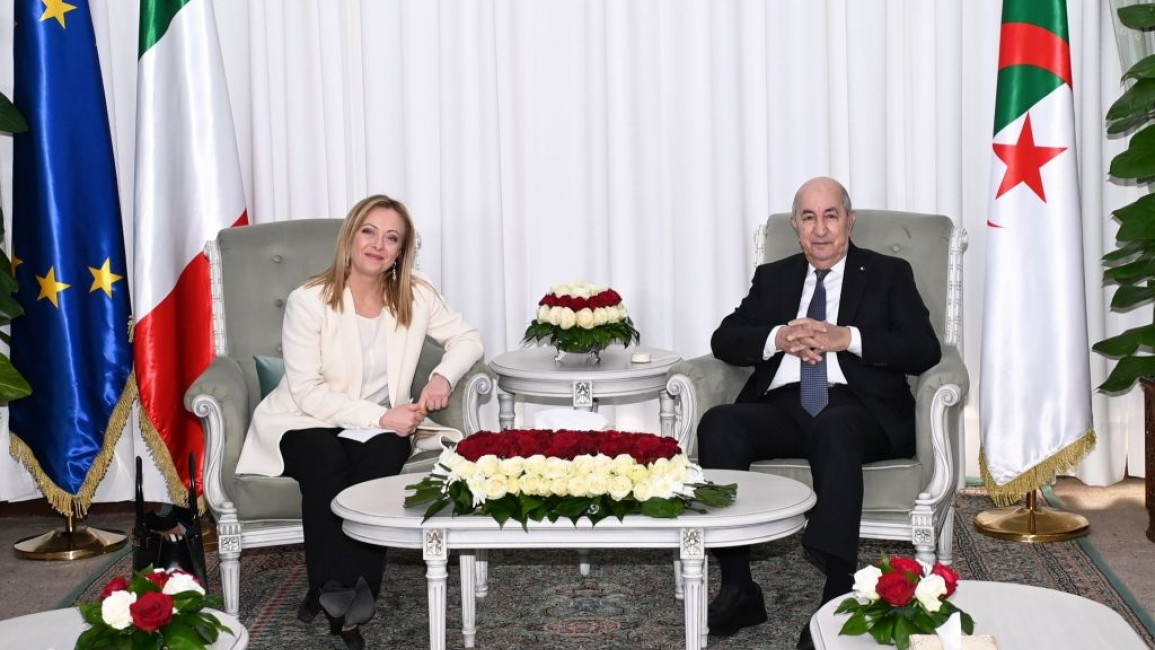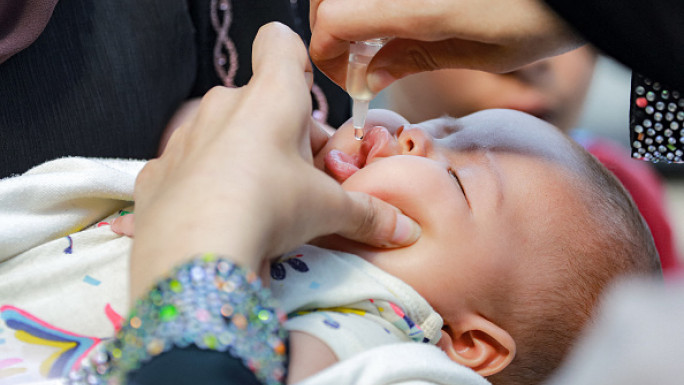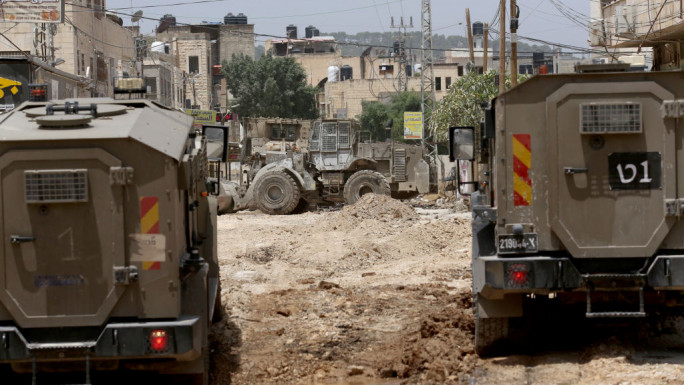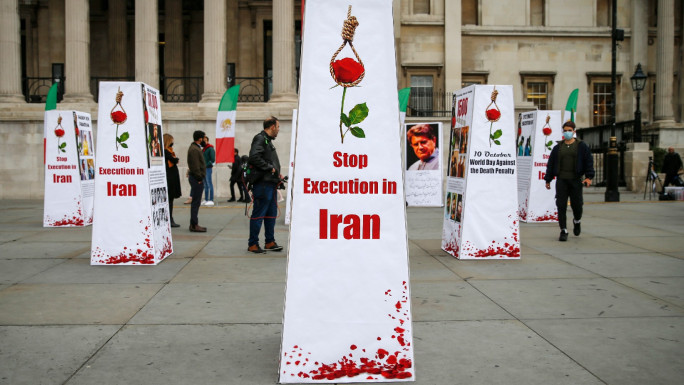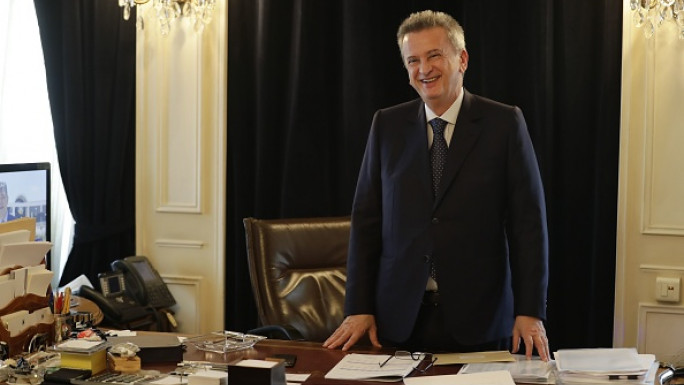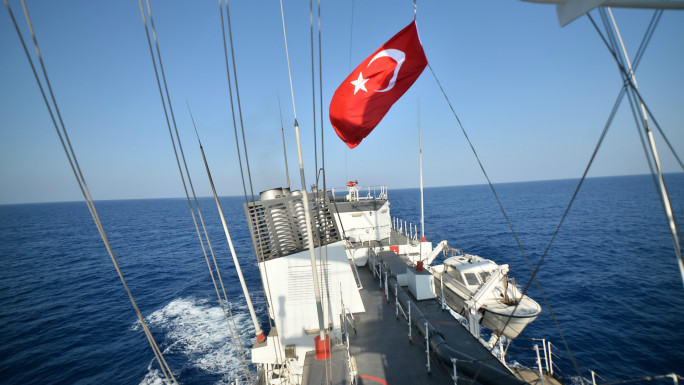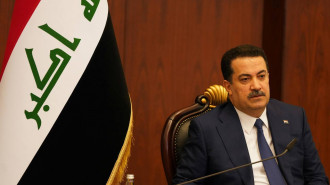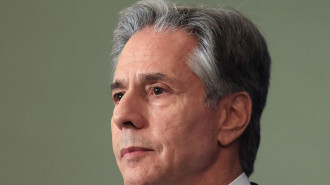Algeria to export electricity for Europe via a submarine pipeline to Italy
Algeria is poised to power up its energy exports with a new electricity pipeline to Europe via Italy, taping into its vast energy reserves amid rising global demand.
Over the weekend, Algerian Energy Minister Mohammed Arkab announced the "historical project" during a visit to a facility of Sonelgaz, the state-owned electricity and gas company.
On Sunday, 21 July, Arkab revealed that Sonatrach, the state-owned hydrocarbons company, and Sonelgaz are preparing to sign contracts to build a submarine cable connecting Algeria to Europe. This cable will enable Algeria to export electricity produced by gas-fired power plants and clean electricity generated by alternative energy stations, particularly solar ones.
"Preparations are underway to sign the contracts, after which construction of the line will commence," Arkab stated, without providing further details.
The Algerian minister did not clarify if the funding for this project has been secured from the European Commission or other sources.
In 2022, the pipeline discussions started between Algiers and Rome, as Italy and other European countries sought alternatives to Russian energy supplies following the Russia-Ukraine war.
At that time, the Algerian Ministry of Energy noted that Sonatrach had discussed with the Italian Ministry of Energy Transition the potential for launching a submarine electricity transmission cable. The cable would link the eastern coast of Algeria to the Italian island of Sardinia.
According to the Algerian plan, the project will start from the Shafiya area in the eastern coastal province of El Tarf. It will cross the Mediterranean Sea to Sardinia, with an initial annual transmission capacity estimated at 2,000 megawatts.
Algeria's main pitch was to the European Commission, given Europe’s increasing need for energy since the start of the Russia-Ukraine war. The European Commission can fund strategic projects, such as energy, outside the European continent if they are included in the list of projects of common interest to EU countries.
In April, Algerian Foreign Minister Ahmed Attaf revealed that some European countries have requested Algeria to increase its gas supply to the continent amid the ongoing global energy crisis exacerbated by the Ukraine and Gaza wars.
This new project comes at a time when Algeria is experiencing a significant surplus in electricity production, exceeding 6,000 megawatts per day. This surplus is thanks to power stations operating on natural gas, with Algeria’s production reaching 137 billion cubic metres in 2023. Sonatrach aims to increase this to 200 billion by 2027.
Since the gas-rich country closed the Maghreb-Europe (GME) pipeline in 2021 due to its dispute with neighbouring Morocco, Algiers has sought other energy deals that do not require collaboration with Rabat.
In 2022, Algiers signed a Memorandum of Understanding (MoU) with Abuja and Niamey to start the Trans-Saharan Gas Pipeline, a 4,128-kilometre pipeline linking Nigeria to Algeria's Mediterranean coast via Niger.
However, this pipeline, which has yet to start, faces several security challenges as it must pass through thousands of kilometres of desert, including some areas where jihadist groups have waged a protracted insurgency.
